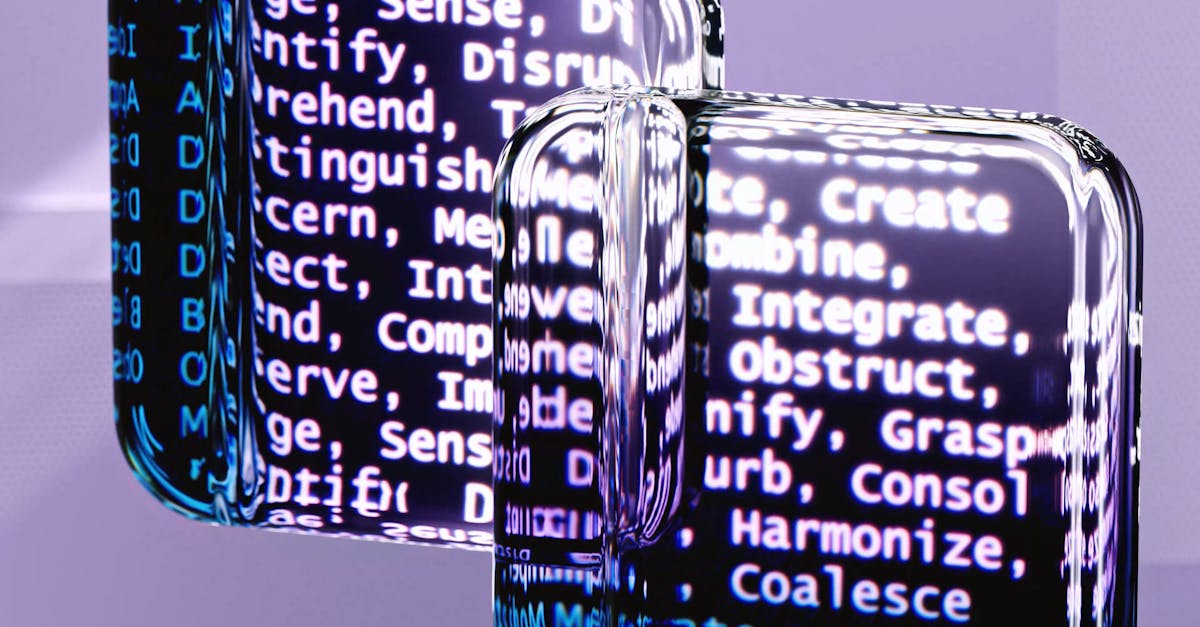YouTube’s new policy allows users to request the removal of AI-generated content mimicking their face or voice. Learn about the guidelines and consequences for violating privacy rules regarding AI-generated content.
 Caption:YouTube feature: Remove AI-generated content mimicking your face/voice.
Caption:YouTube feature: Remove AI-generated content mimicking your face/voice.
The Highlights:
- YouTube introduced a policy change in June to allow people to request the takedown of AI-generated or synthetic content that simulates their face or voice under the privacy request process.
- The company requires first-party claims for removal, except for specific cases like minors, individuals without computer access, deceased persons, and other exceptions outlined in its Help documentation.
- YouTube will assess complaints based on various factors such as whether the content is disclosed as synthetic, if it uniquely identifies a person, and if it could be considered parody or satire.
- The platform gives content uploaders 48 hours to act on complaints. If not removed within this time frame, YouTube initiates a review process and may take action against accounts with repeated violations of privacy guidelines related to AI-generated material.
YouTube also quietly rolled out a policy change in June that will allow people to request the takedown of AI-generated or other synthetic content that simulates their face or voice.
Trending :AI-generated content ,AI benchmarks
YouTube’s New Feature Allows Users to Remove AI-Generated Content Mimicking Your Face or Voice
YouTube quietly updated its policy in June to address the growing concern over AI-generated content. The platform now allows individuals to request the removal of AI-generated or synthetic content that mimics their face or voice. This change is part of YouTube’s commitment to responsible AI practices, which were first introduced in November.
When requesting a takedown, individuals must cite privacy violations rather than misleading information as the reason for removal. YouTube will assess each complaint based on various factors, such as whether the content is disclosed as being synthetic, if it uniquely identifies a person, and if it serves a parody or satire purpose.
The company also considers sensitive factors like featuring public figures engaging in criminal activities or endorsing products during an election year when AI-generated endorsements could influence votes. If a complaint is submitted, YouTube gives the uploader 48 hours to respond before initiating a review process.
YouTube has not widely publicized these policy changes but has introduced tools for creators to disclose realistic-looking content created with generative AI and crowdsourced notes for additional context on videos. While YouTube supports the use of AI technology and has experimented with it internally, all content must adhere to Community Guidelines even if labeled as AI-generated.
In cases of privacy complaints related to AI material, YouTube distinguishes between Privacy Guidelines and Community Guidelines. A privacy violation does not automatically result in penalties like strikes against creators but repeated violations may lead to account actions by YouTube.
Overall, these updates reflect YouTube’s ongoing efforts to navigate the complexities surrounding AI-generated content while balancing user privacy and community standards effectively.It’s crucial for users creating such contents online.
Also Read:AI scams ,Apple openai ,Ray ban stories ,AI News reader
Conclusion:
- YouTube has implemented a policy change allowing individuals to request the removal of AI-generated or synthetic content that simulates their face or voice, under the platform’s privacy request process. This move is part of YouTube’s responsible AI agenda and aims to address concerns related to deepfakes and other misleading content.
- Content creators on YouTube must be cautious when uploading videos that feature AI-generated material, as the platform will assess complaints based on various factors such as whether the content is disclosed as synthetic, if it uniquely identifies a person, and if it serves a parody or satire purpose. The company also considers sensitive behaviors like criminal activities or political endorsements depicted in the AI content.
- While YouTube supports the use of AI technology for features like comments summarization and question-answering tools, it emphasizes that labeling content as AI-generated does not guarantee protection from removal if it violates Community Guidelines. Privacy complaints regarding AI material are handled separately from Community Guidelines violations but repeated offenses may lead to account actions by YouTube.
Resources:
YouTube Community Guidelines, YouTube Privacy Guidelines
Topics : Google,Chromebook, AI, ChatGPT






